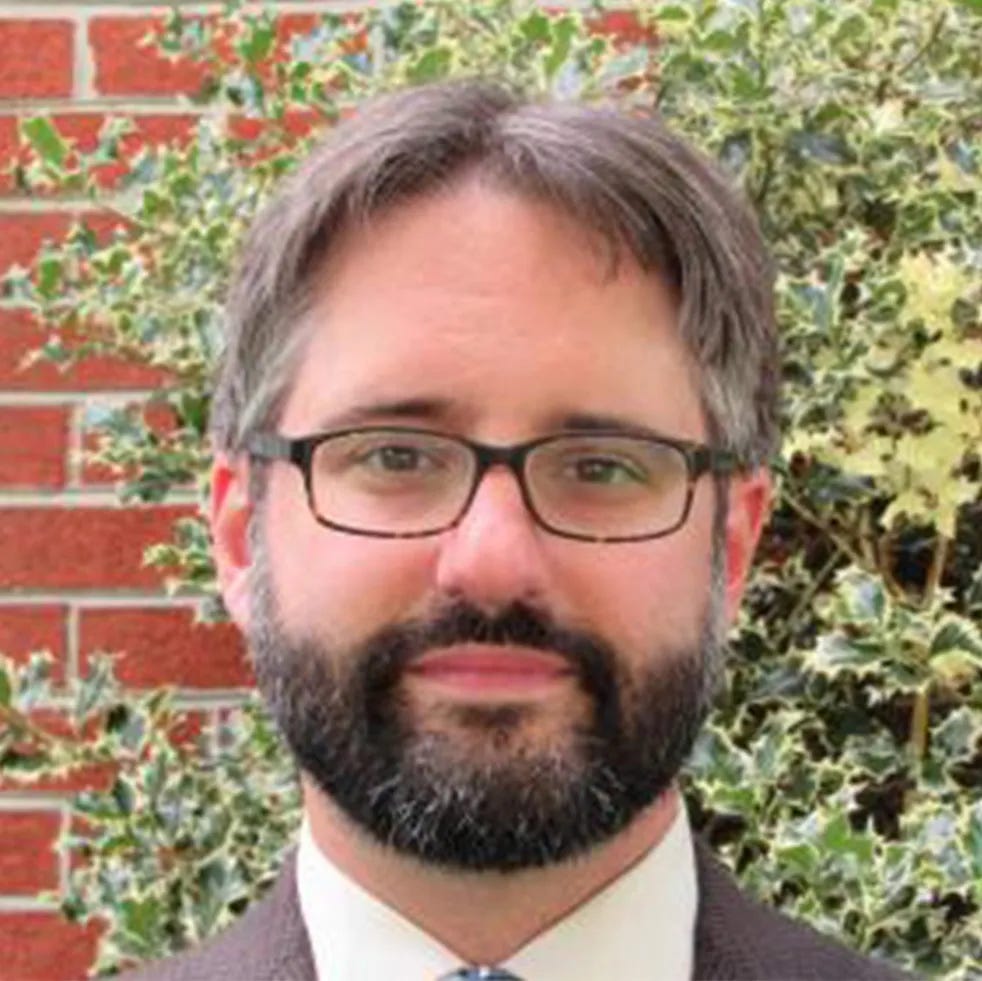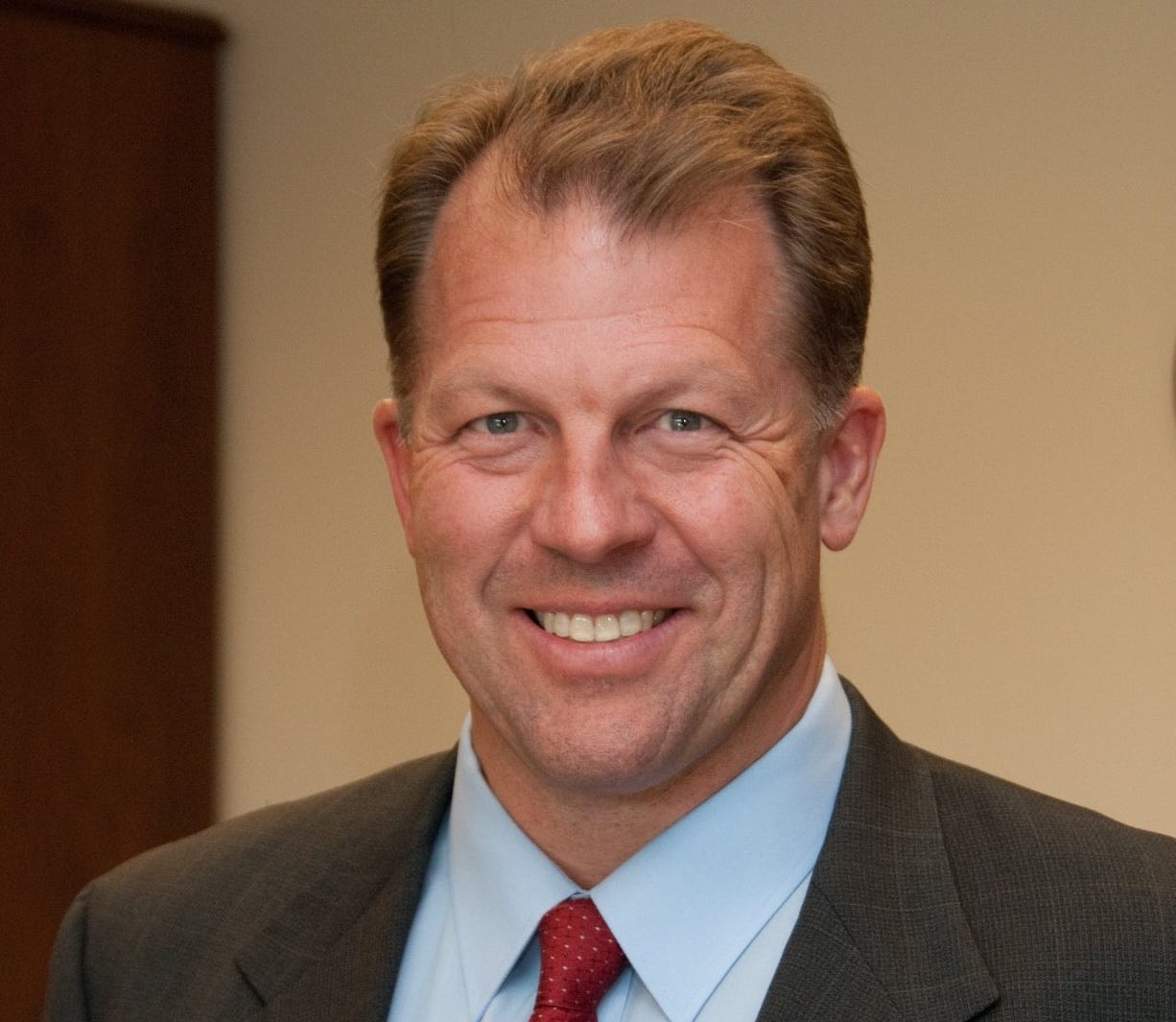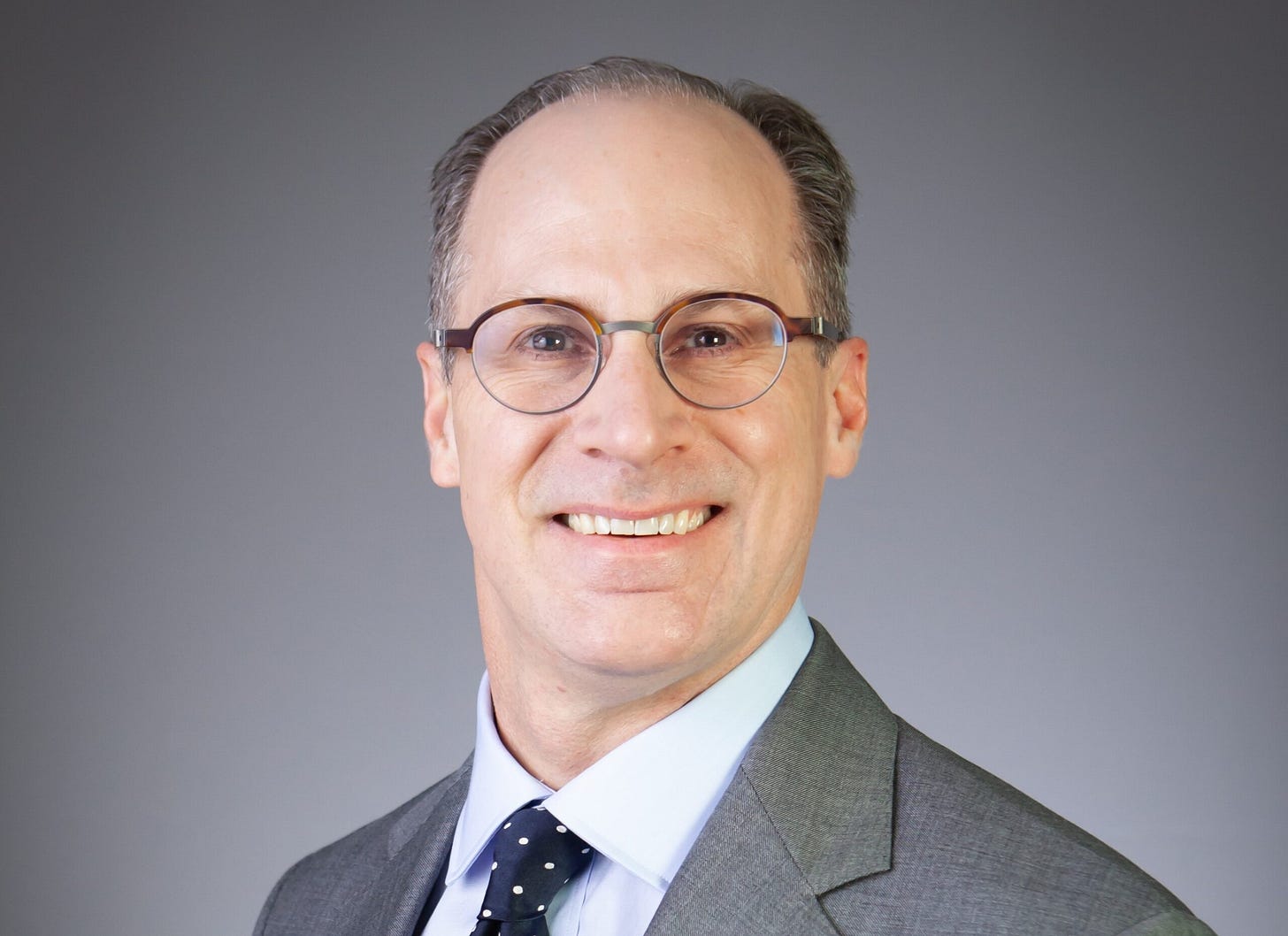American heritage
Freedom Conservatives welcome all who embrace our country’s core principles
Is there a hierarchy of Americanism? Many National Conservatives and other members of the Populist Right appear to think so.
Using such terms as “legacy Americans” and “heritage Americans,” they distinguish citizens whose ancestors arrived in the United States before the 20th century from those whose ancestors arrived more recently, or who are themselves naturalized Americans.
The former group, the populists suggest, are more authentically American and have more of a right to shape the laws and customs of the United States than the latter groups do.
Freedom Conservatives reject this distinction outright. Every citizen of the United States, regardless of his or her ancestry, is equal under the law and equally entitled to participate in America’s political, economic, and cultural life.
“The United States, as a sovereign nation, has the right to secure its borders and design a rational immigration policy — built on the rule of law — that advances the interests and values of American citizens,” we declared in the FreeCon Statement of Principles.
But we also observed that “America is exceptional because anyone — from any corner of the earth — can seek to live in America and become an American.”
FreeCons embrace pluralism and reject all attempts to define Americanism in ethnic or religious terms. Our sprawling country has long been home to a variety of peoples and folkways. What bound them together was a shared commitment to the republic’s founding principles. Only by broadening and deepening that commitment can we hope to renew and preserve American greatness.
Today we feature the work of FreeCon signatories who reject attempts by progressives and populists alike to use crude racial or ethnic categories to define what it means to be an American or to assign rights and responsibilities.
Creepy policy
Timothy R. Snowball is a senior attorney at the Equal Protection Project, an adjunct professor at the University of San Diego School of Law, and a FreeCon signatory.
A former litigation counsel at the Freedom Foundation, Snowball has also worked at the Pacific Legal Foundation and the Institute for Justice.
In a recent piece for Legal Insurrection, he criticized California Gov. Gavin Newsom for signing a bill authorizing reparations for black residents.
“If past discussions are any indication, these benefits will include cash payments, preferential treatment in state programs, and other benefits,” he wrote. “We can only wait and see. But when bureaucrats are tasked with handing out goodies from public coffers, the sky is often the limit.”
“Not only is the new law likely unconstitutional,” Snowball continued, “but it is also offensive to anyone who believes in individual rights and autonomy.
“The potential verification process for benefits sounds like something out of a twisted take on early twentieth-century eugenics. Under the legislation, the new Bureau is required to create a ‘Genealogy Division’ to verify an individual’s status as a ‘descendant’ to receive benefits.
“‘Creepy’ doesn’t begin to describe the implications.”
Testing the law
Robert VerBruggen is a fellow at the Manhattan Institute, a writer for City Journal, and a FreeCon signatory.
He was previously deputy managing editor of National Review, managing editor of The American Conservative, editor at RealClearPolicy, and assistant book editor at The Washington Times.
In a recent City Journal piece, VerBruggen chronicled the Biden administration’s use of disparate-impact analysis to allege racial discrimination by law-enforcement agencies.
Biden’s Department of Justice, he wrote, claimed the agencies had “used racially discriminatory written tests — citing disproportionate failure rates for black applicants and questioning whether the tests were sufficiently job-related.” DOJ also claimed that physical-fitness tests “unfairly screened out women” and credit checks “had a racially disparate impact.”
Most of the defendants decided not to fight the charges — but the consent decrees weren’t finalized until the Trump administration took office, at which point the federal lawsuits were dropped.
“Today, the executive branch may be taking a dim view of disparate-impact cases, but achieving a lasting solution will require changes to the legal status quo — meaning action by Congress or the courts.
“The most straightforward reform would be for Congress to eliminate liability for disparate impact in cases where there is no evidence of discriminatory intent. Less dramatically, Congress could adopt more employer-friendly standards for defending tests, preapprove a set of standardized exams for public-safety departments with clear usage guidelines, or establish a process allowing departments and test developers to submit tests for preapproval.”
Tears of joy
David Harmer is national director of Founding Forward, the former CEO of the Freedoms Foundation at Valley Forge, and a FreeCon signatory.
Previously a Bradley Visiting Fellow at the Heritage Foundation and corporate counsel at Ally and J.P. Morgan, Harmer has also worked in public-interest litigation and on Capitol Hill.
In a recent Deseret News piece, he told the fascinating tale of Medal of Honor recipient Hiroshi Miyamura. Once labeled an “enemy alien,” Miyamura served his country with distinction during the Korean War.
“Born and raised in the United States, Miyamura was American through and through,” Harmer wrote. “He’d been a newspaper delivery boy, a Boy Scout, and in Junior ROTC.”
When America joined World War II, however, Miyamura’s attempt to become a soldier was rejected. Because his parents had immigrated from Japan, he was declared an enemy alien.
Later, when a change in policy allowed him to join the military, Miyamura was called up to serve in Korea, where he fought bravely, was captured, and spent 27 harrowing months suffering malnutrition and torture as a prisoner-of-war.
Decades later, when he recounted the experience of coming home to America, “tears streamed down his face,” wrote Harmer.
‘When I saw that flag, the star-spangled banner, waving in the breeze,’ he began — and then he choked up. ‘I’ve learned what it represents,’ he continued. ‘This is the most wonderful country in the world.’”
Good for business
Andrew D. Graham is senior counsel and vice president of academic affairs & strategic affairs at Alliance Defending Freedom. He’s also a FreeCon signatory.
Graham is a senior fellow at the Religious Freedom Institute, a trustee of the Philadelphia Society, a member of the Mont Pelerin Society and the Federalist Society, and a member of the board of governors of the John Jay Institute.
A former partner at the Texas law firm Jackson Walker LLP, he had an extensive record of success in high-stakes litigation in both trial and appellate courts and was named a “Super Lawyers—Rising Star” multiple times.
His articles and reviews have appeared in the Federalist Society Review, Law & Liberty, Texas Review of Law & Politics, and Public Discourse.
In addition to his role with Freedom Conservatism, Graham is also a signatory of the Good for Business Statement of Principles, which affirms that “the proper purpose of business is to advance human flourishing by creating economic value through excellence in the provision of goods and services.”
The statement also affirms “a positive role for business to advance justice, civil liberties, and public welfare by conducting its business well — i.e., by fulfilling its proper purpose — and not by politicizing its business” and that business managers and boards of directors “are principally accountable to their shareholders.”
Other FreeCons who’ve signed the Good for Business Statement of Principles are David Bahnsen, Samuel Gregg, OJ Oleka, Allen Mendenhall, Chip Weiant, and Richard M. Reinsch II.
In the mix
• In The Hill, FreeCon signatory Merrill Matthews compared Pete Hegseth’s attempt to control media coverage of the Pentagon to the Biden administration’s ill-fated efforts to squelch “disinformation.”
“Every administration makes missteps and mistakes that it would prefer not to be exposed,” wrote Matthews, but Hegseth’s new rules could lead to fewer people trusting his own communications staffers.
“Pentagon approval of press reporting doesn’t guarantee the media report the truth,” he concluded. “It only guarantees the government decides what the truth is.”
“Both Biden’s Disinformation Governance Board and Hegseth’s mother-may-I pledge are government-imposed attempts to control information, both true and false. Biden’s board was rightly ridiculed and was quickly canceled. Hegseth’s pledge should face a similar embarrassing fate.”
• At National Review, FreeCon signatory Vance Ginn described the proposed App Store Freedom Act as “a prime example of the misguided, neo-Brandeisian antitrust thinking that has gained traction across the political spectrum with fans of big government on both Left and Right.”
“While the legislation claims to promote competition,” wrote Ginn, chief economist at the Office of Management and Budget during the first Trump administration, “it would instead represent a significant government intrusion into private enterprise — undermining the very principles of free markets and innovation that conservatives have long defended.”
“Companies such as Apple and Google have invested billions in building secure, efficient, and user-friendly ecosystems. These app stores are not mere conduits; they are integrated environments that balance safety, performance, and consumer trust. By forcing open their systems, Congress would effectively punish the very success that benefits users.”
• At Real Clear Books, FreeCon signatory Caleb Franz praised a new book collecting the late historian David McCullough’s speeches, essays, and interviews.
“We live in an age where academia and culture alike are quick to cast judgement on the men and women of past generations for not adhering to modern standards of ethics and morality,” wrote Franz, a program manager at Young Voices and scholar with the Bluegrass Institute. “McCullough rejected this sense of superiority outright.”
“This, of course, is not to say that our past heroes and leaders shouldn’t be held to any standard. Character was of the utmost importance to McCullough. Few others exemplified such character as the man he considered to be the greatest American — George Washington.”




